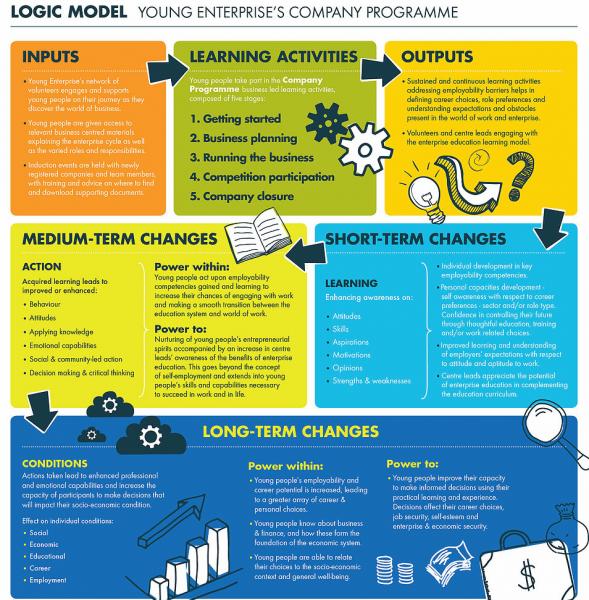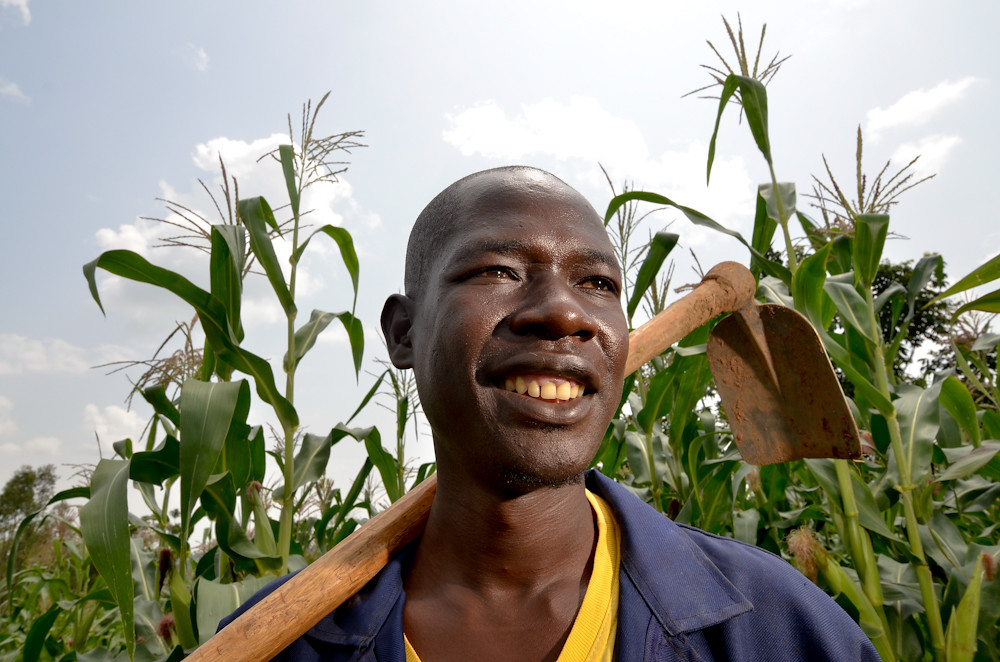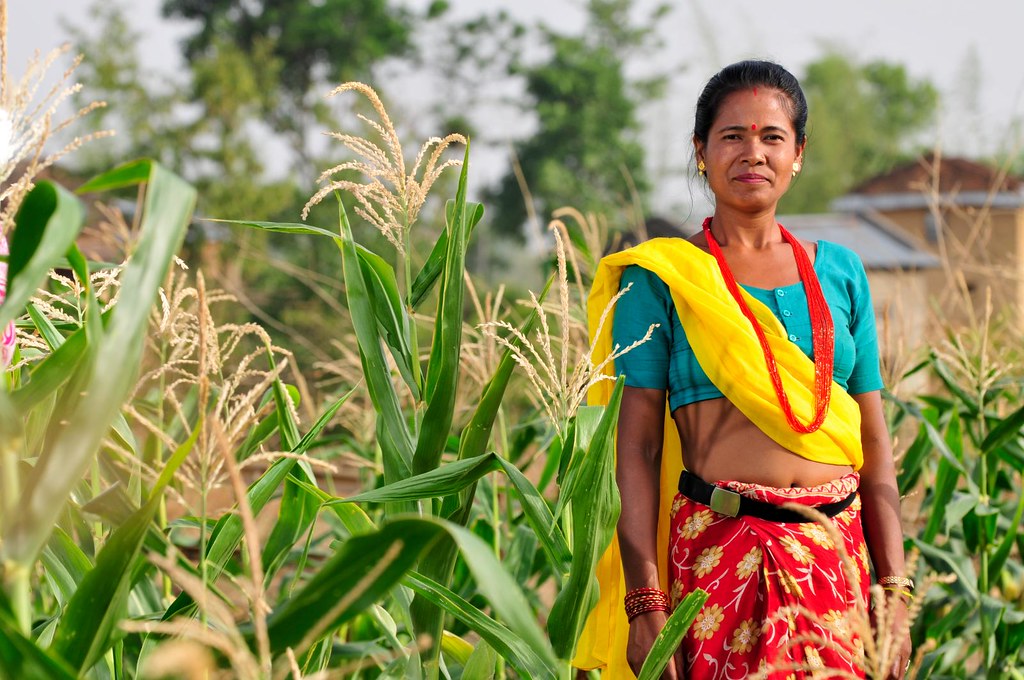Monitoring and evaluation has become core business in the development sector, even for research. So for every project we have to come up with a theory of change. We need to explain to donors how our projects will influence our partners and how our partners will then influence other stakeholder to reach an impact on the ground.
One of the story we often use tries to convince the donor that we will come up with new way to support smallholder farmer to commercialize. This means, we hope to contribute to the emergence of a smallholder farmer that will produce more food that for her/his own subsistence, and therefore will start selling food on the local market. Often we also hope that this smallholder farmer will invest the new revenue into better production means and therefore will become a more capitalized farmer, i.e. how has more equipment (for example a tractor or a milking machine). And after some years, our smallholder farmer will be a proud agri-entrepreneur contributing to African food security.
Nice story, and somehow is can sound convincing, isn't it. However when i look at the Kenyan context, i find it hard to believe, as most agri-businesses are actually started by young highly educated people with good incomes from other jobs... So where does my smallholder story fit this reality?
Some weeks ago, i joint a fascinating webinar, where Prof. Thomas Jayne investigates this question across different African countries. Only 5% of the medium scale farms are in fact smallholder that have commercialized, all other are or privileged rural population who by inheritance have relatively own big land or urban investors. Will this 5% be enough to justify our work in the up-coming years? or do we need to rethink what we truly want to focus on?
In the meantime a look at this fascinating presentation below or check the website!
One of the story we often use tries to convince the donor that we will come up with new way to support smallholder farmer to commercialize. This means, we hope to contribute to the emergence of a smallholder farmer that will produce more food that for her/his own subsistence, and therefore will start selling food on the local market. Often we also hope that this smallholder farmer will invest the new revenue into better production means and therefore will become a more capitalized farmer, i.e. how has more equipment (for example a tractor or a milking machine). And after some years, our smallholder farmer will be a proud agri-entrepreneur contributing to African food security.
Nice story, and somehow is can sound convincing, isn't it. However when i look at the Kenyan context, i find it hard to believe, as most agri-businesses are actually started by young highly educated people with good incomes from other jobs... So where does my smallholder story fit this reality?
Some weeks ago, i joint a fascinating webinar, where Prof. Thomas Jayne investigates this question across different African countries. Only 5% of the medium scale farms are in fact smallholder that have commercialized, all other are or privileged rural population who by inheritance have relatively own big land or urban investors. Will this 5% be enough to justify our work in the up-coming years? or do we need to rethink what we truly want to focus on?
In the meantime a look at this fascinating presentation below or check the website!



thought provoking!
ReplyDelete